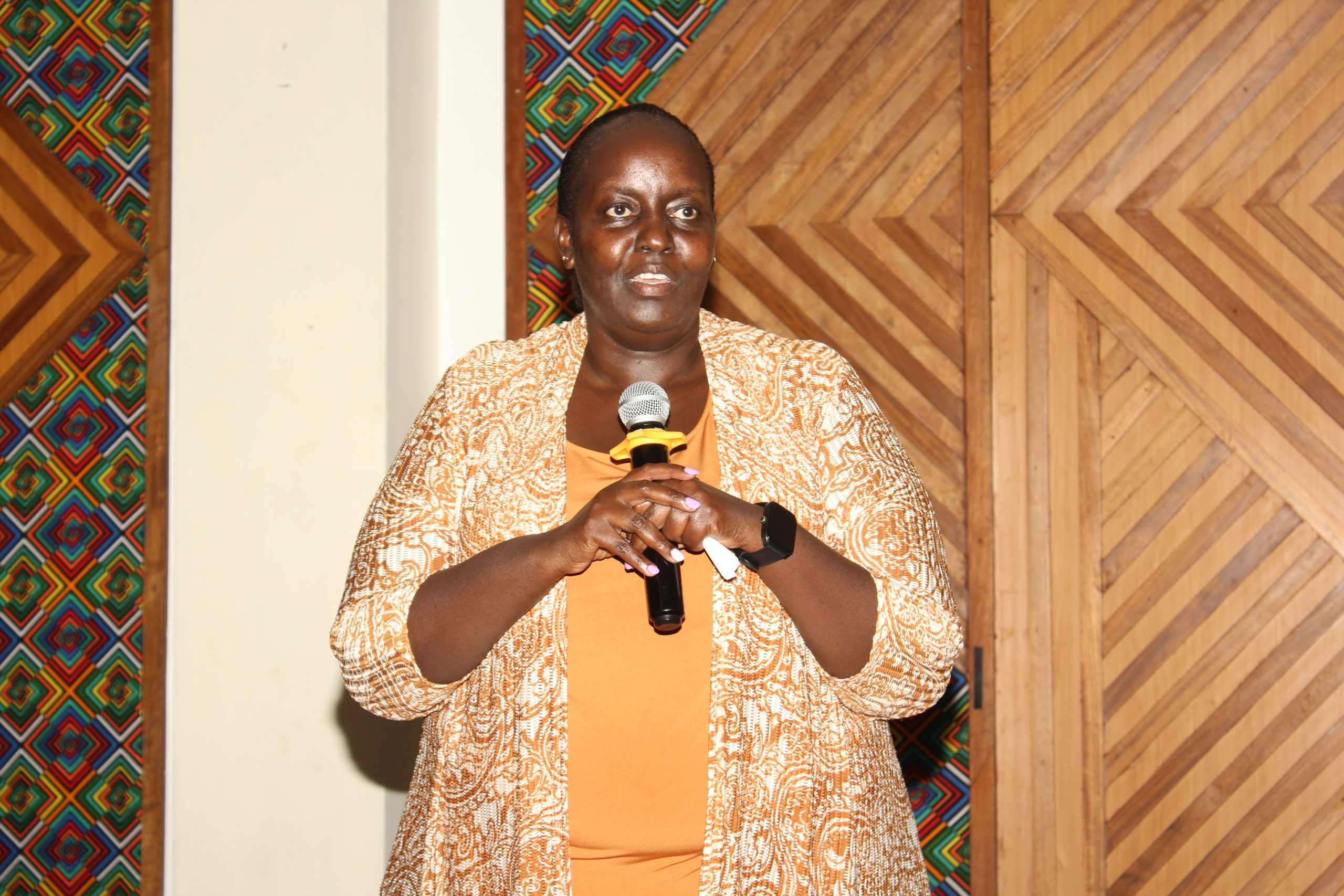Educationists have been challenged to focus more on instilling value and life skills training to learners to confer them with holistic education.
Education Cabinet Secretary (CS) Ezekiel Machogu said that this will enable learners to navigate and deal with the constantly changing environment which requires multiple skills.
In a speech read on his behalf Director of Teacher Education Margaret Mwandale during the first Assessment of Life Skills and Values Conference in East Africa (ALiVE), Machogu said that education systems in Africa should make value and life skills an integral part of their curricula.
“Research consistently demonstrates that life skills such as problem-solving, collaboration, respect and self-awareness are not only essential for job success but also for academic achievement and holistic development. However, limited awareness and understanding of these skills persists across the continent,” he noted.
He said that the training for the Competency-Based Curriculum (CBC) was retooling teachers on how to assess life values and skills for learners as part of ongoing education reforms.
Zanzibar’s Minister for Education Hon. Lela Mohammed underscored the importance of inclusion of values and life skills in the curriculum.
She said her government had commissioned a taskforce to review education to among others, put values and life skills at the core of schooling.
The conference comes at a time when education systems in East Africa and Africa at large are shifting to competency-based curricula, with priority given to learners acquiring skills for living and thriving.
Research findings from the ALiVE Kenya, Tanzania, and Uganda Regional Report 2023 released at the conference showed that significant challenges in life skills persist among adolescents in the region.
Approximately one-third struggle with recognizing problems and identifying potential solutions, while nearly half (49%) exhibit the ability to acknowledge a problem from one perspective and act towards finding a solution.
Roughly 37% of adolescents lack insight into how their emotions impact their behavior and remain unaware of others’ feelings.
However, the majority (49%) demonstrate some level of emotional control, and a notable 14% display advanced emotional management skills across diverse situations, including empathy towards others’ emotions. Specifically, 37% show little insight into emotional control, 49% are in the early stages of development, and 14% exhibit advanced emotional management skills.
Additionally, a significant proportion of adolescents (34%) demonstrate awareness of inappropriate behavior, recognizing it as a lack of respect for themselves or others, and actively taking conciliatory steps (50%) to address it.
It is noteworthy that during discussions and performance tasks, a considerable number of adolescents (45%) choose to observe silently, refraining from active participation through words or actions.
The three-day conference brings together participants from over 10 African countries in various sectors, including government experts, civil society organizations, academia and researchers, global social-emotional learning initiatives, teachers, and funders,
By Our Reporter
Get more stories from our website: Education News
You can also follow our social media pages on Twitter: Education News KE and Facebook: Education News Newspaper for timely updates.






